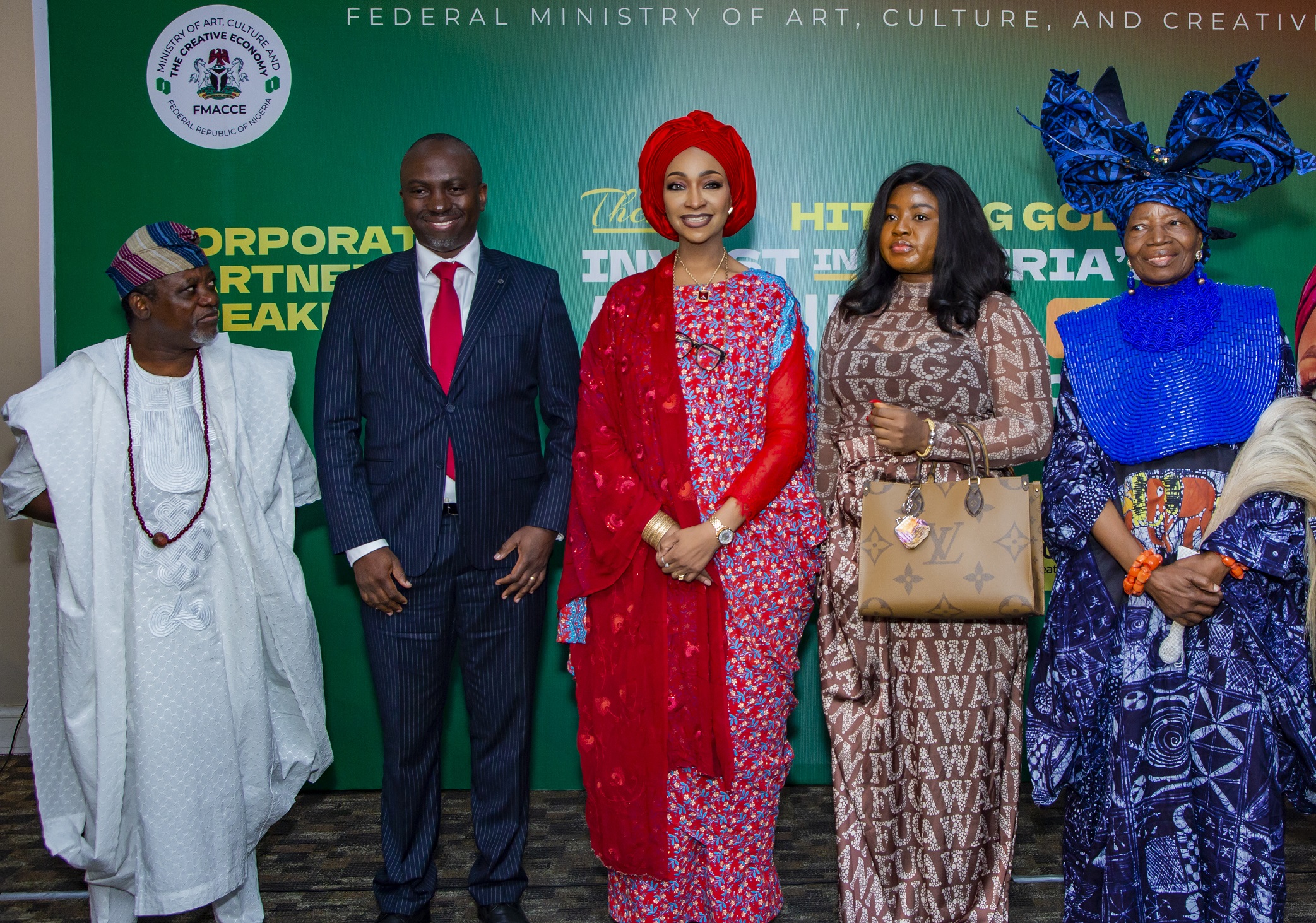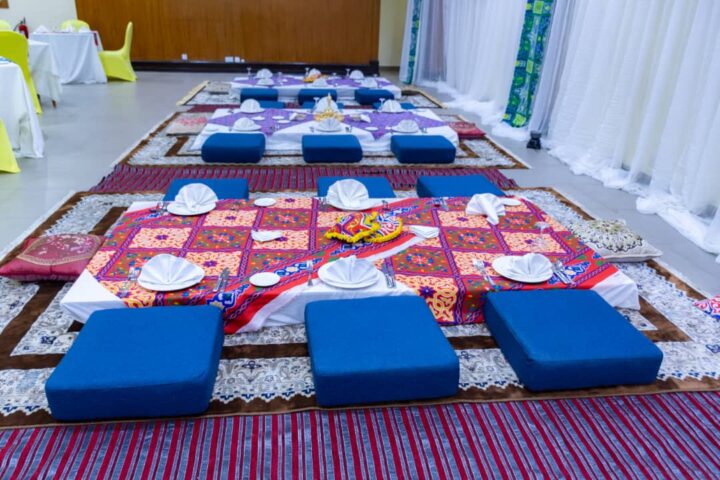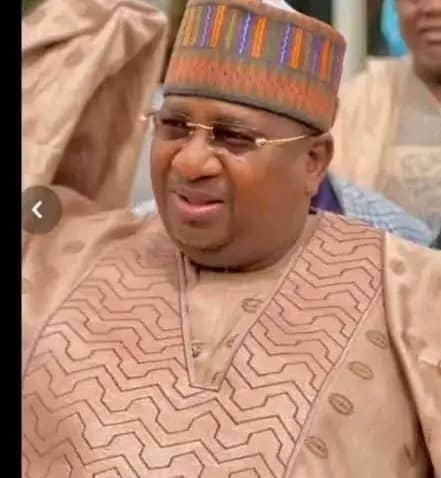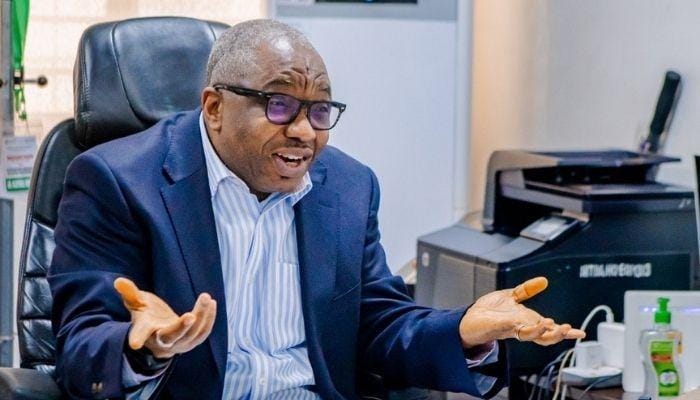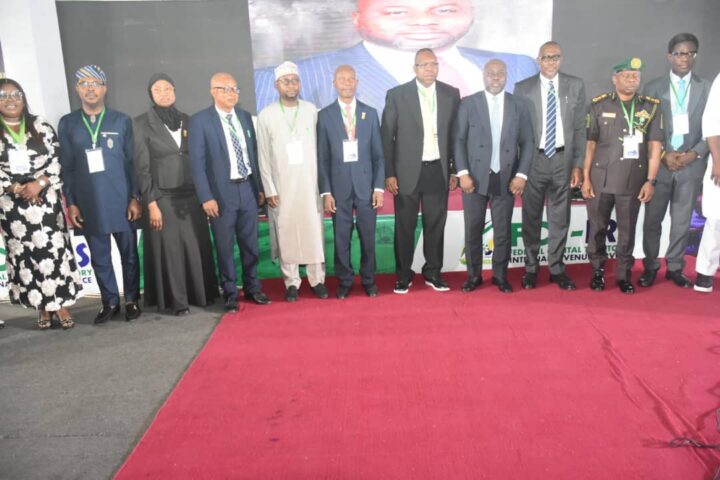Mohammed Shosanya
The Federal Government has unveiled details of its bold and strategic plans to generate at least $100 billion and create over two million jobs from Nigeria’s creative economy yearly.
The Government’s plan was unveiled on Wednesday by the Honourable Minister of Art, Culture and the Creative Economy, Hannatu Musa Musawa at a roundtable for local and international investors where she presented her ministry’s 8-Point Plan and Roadmap.
Speaking at the event hosted by the Ministry at the Wheatbaker in Ikoyi, the Minister said that if implemented to its fullest, the plan has the potential to achieve the above-stated objectives. She listed the 8-Point Plan as follows:
Nigeria Destination 2023, a national initiative designed to grow the arts, culture and creative economy under one united vision
Skills Development
Fastrack Policy Frameworks
Strategy Governance and Collaboration
Smart Strategic Partnerships
Growth Targets for GDP Contribution & Sectoral Output
Enabling Business Environments
Cultural Heritage Preservation and Sustainability
She lamented that despite its huge potentials, Nigeria’s creative industry currently contributes just $5 billion to the economy, with its different sub-sectors at various stages of development.
The sectors include music (sound recording, live performances and music videos), visual media (movies, TV shows, comedy shows, podcast, content creation), visual arts & craft (canvas painting, design, sculpturing, woodwork and other craft works), heritage & museums, culinary arts, fashion, publishing (books, literary arts, poetry, magazine, etc), and video gaming.
According to the National Bureau of Statistics, Nigeria’s creative economy has a very low contribution to overall GDP in comparison with benchmark countries, with the industry contributing just 1.2% to Nigeria’s GDP in 2022, the least when compared to other African countries like Morocco (2.7%), South Africa (3.0%), and Egypt (4.3%).
It also ranks low (1.0%) in its ability to earn government revenue from the sector, compared to South Africa’s 12.5%.
To achieve its ambition, Musawa said the ministry has identified 14 pivotal initiatives that will drive the sector’s growth and significantly boost government revenue $10b – $20b. She grouped these initiatives under four unique pillars, namely: Technology, Infrastructure and Funding, International Culture Promotion, and Intellectual Property Monitisation.
Under the Technology pillar, the Minister said the Ministry intends to launch a digital content creation tool accessibility program to provide improved and discounted digital tools for Nigerian creatives. Others include the launch the Nigeria content distribution initiative to increase the nationwide adoption of digital tools for content distribution, the launch of a study to estimate the size of the creative industry in Nigeria including a framework to size the market going forward, and the expansion of internet accessibility in underserved regions in Nigeria to expand the reach of the other digital initiatives.
For Infrastructure and Funding, she said, this entails cataloguing existing infrastructure for the Arts, Culture and Creative Economy and its current state, developing the appropriate infrastructure needed to the industry and leveraging public-private partnership to fund development, providing incentives to stakeholders in the creative economy to boost investment and adoption of strategic initiatives, and launching a creative accelerator program to provide capital, and capacity building to creative companies.
Under International Culture Promotion, Musawa said the Ministry will establish a culture promotion office collaborating with Nigerian embassies abroad, to promote Nigerian arts, culture and creative economy, and leverage AFCTA to boost Nigerian creative output export regionally and globally.
For Intellectual Property Monetisation, she said the Ministry will seek to establish Globally standardised CMOs (Collection Management Organisations) for most of the sectors, launch a Copyright Oversight Initiative in partnership with the Nigeria Communications Commission (NCC) to enhance tracking, monitoring, and enforcement of copyright standards, ensuring CMOs’ adherence to CISAC standards. It will also develop and implement the intellectual property framework and operationalise Nigeria’s IP licencing framework.
Musawa said that Nigeria’s Creative Economy has the potential to grow by 400% by 2027, positioning the sector to leapfrog in the long term and deliver the vision for the sector.
She revealed that the Ministry has already created several initiatives and entered collaborations towards the realisation of its set goals.
She listed some of these initiatives to include, among others, the Creative Leap Acceleration Program, CultRise, an infrastructure development initiative and Origins, an advanced data capture and management initiative designed to collect, store, analyse, and share critical data related to Nigeria’s cultural and creative industries.
The Minister also listed some of the Ministry’s infrastructure project pipelines, including the Digital & Immersive Art Centre, the Renewed Hope Creative City at the Wole Soyinka Centre, Arts Village in Abuja, setting up of Creative Hubs in Nigeria’s 36 states, the National Entertainment Centre, Abuja Creative City, and the National Gallery of Art, among others.
To aid in the realisation of the government’s job creation target in the creative industry, the Minister disclosed that the Ministry has entered a partnership with BigWin Philanthropy, a major international development partner, to deliver a transformative capacity building and job creation strategy.


